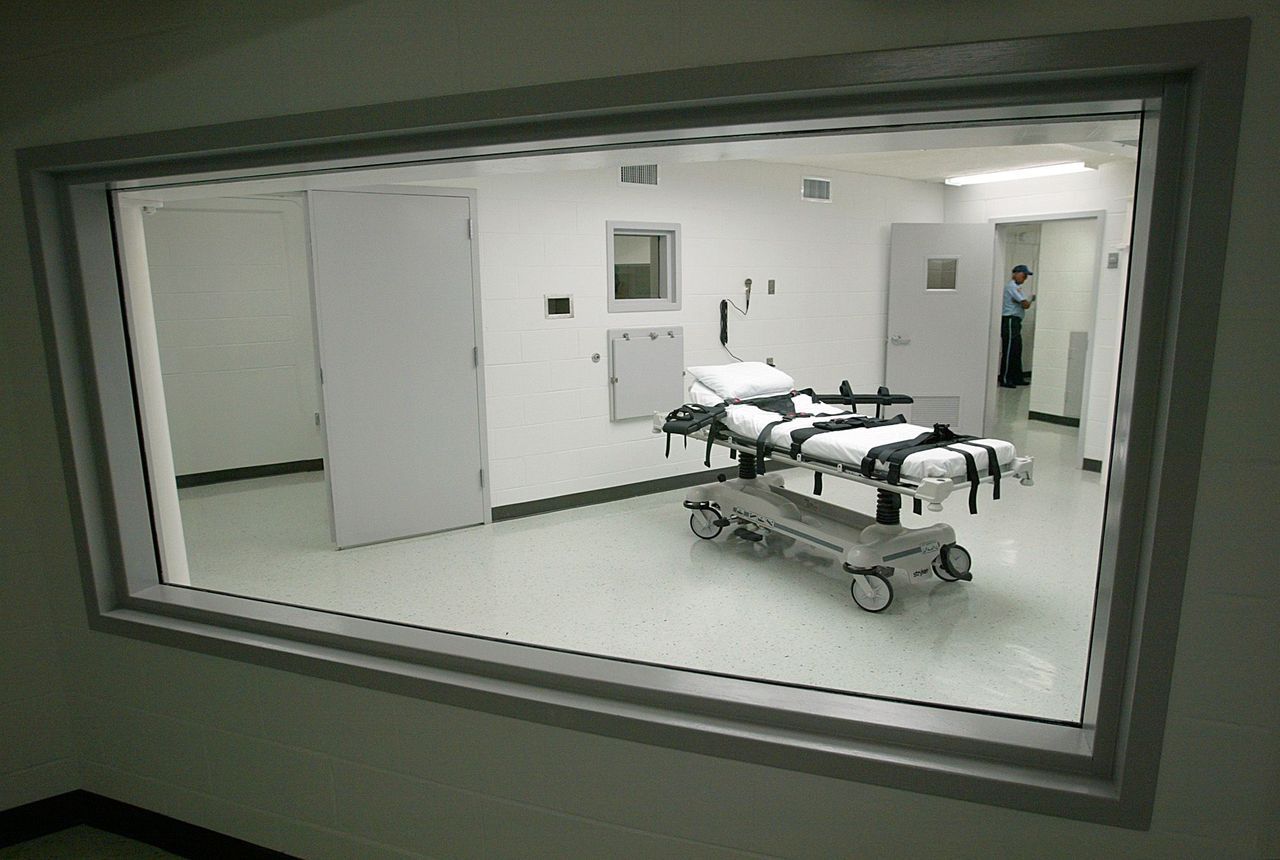Religious leaders ask for independent review of Alabama executions
About 170 leaders from more than a dozen religious denominations will gather at the Alabama Capitol today to ask Gov. Kay Ivey for an independent review of Alabama’s execution procedures.
“Our beliefs are varied and our communities diverse, but we all agree that the unnecessary pain and suffering at the hands of the state where we live and worship demands our response,” they wrote in a letter to the governor. “All of us are called by the Prophet Micah to ‘do justice, and to love mercy, and to walk humbly with your God.’”
In November, Ivey requested a temporary hold on executions and called for an internal review of the process. The faith leaders are asking for an independent review conducted by a third party, rather than by the Alabama Department of Corrections.
“For now, we are asking for transparency, accountability, and humility in how the State of Alabama undertakes responsibilities that implicate every resident of this state, indeed each citizen who lives under this government,” the pastors wrote. “The review process should not be shrouded in secrecy.”
The letter and the names of those who signed it are attached to the end of this article.
Ivey’s call for a review came several days after the failure to carry out lethal injection on Kenneth Eugene Smith. The Alabama Department of Corrections called off Smith’s execution because of the inability to tap his veins. That followed a similar outcome in September, when the ADOC was unable to carry out the execution of Alan Eugene Miller because of difficulty tapping his veins.
There has already been one change since Ivey called for the review. In the attempted executions of both Miller and Smith, the ADOC was concerned it could not complete the executions by midnight, when the execution orders expired. Ivey asked the Alabama Supreme Court to change execution orders to allow more time. The Supreme Court granted that request in January, allowing executions to be carried out within a time frame, rather than confining them to a single day.
The execution attempts of both Miller and Smith were delayed by court appeals as well as the inability to tap their veins.
Alabama Attorney General Steve Marshall has disputed Smith’s claims in a federal lawsuit that pain from repeated pricks with needles to establish intravenous connections amount to cruel and unusual punishment.
This story will be updated.
